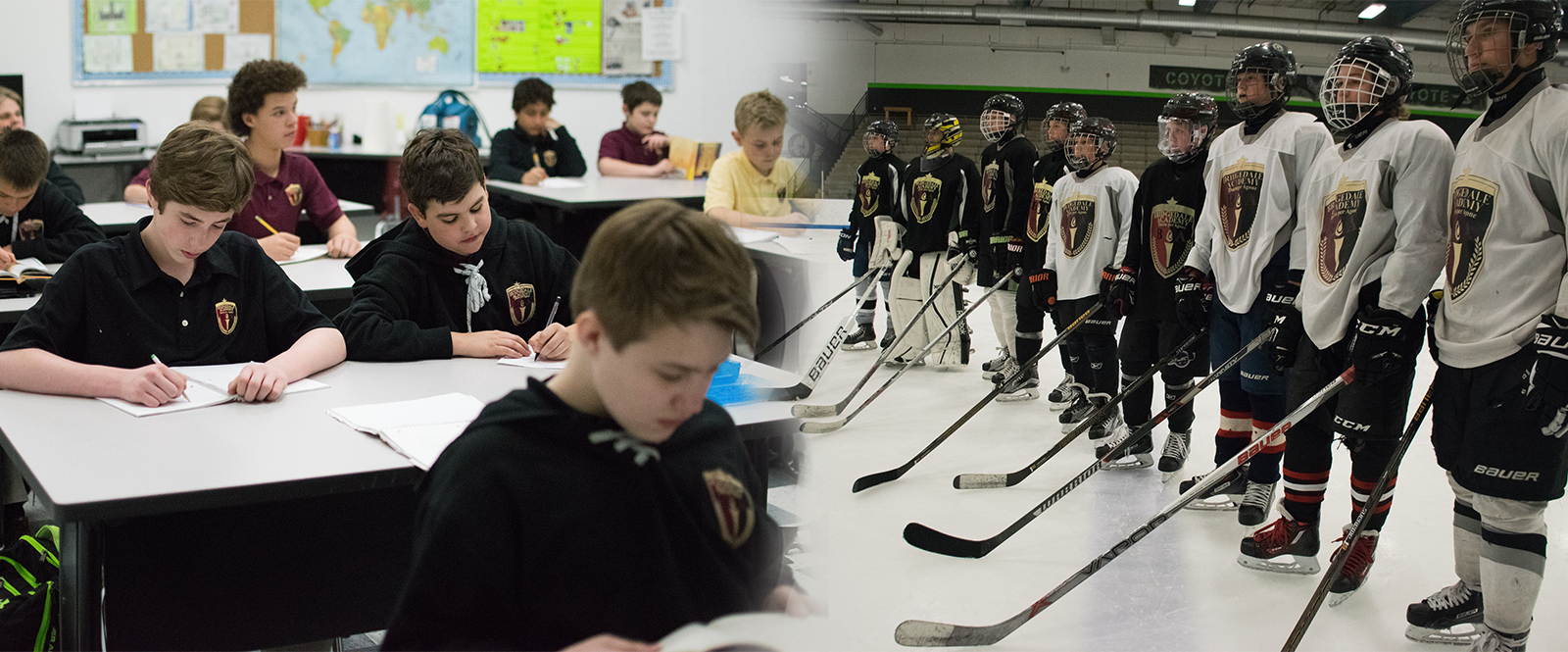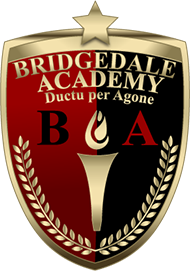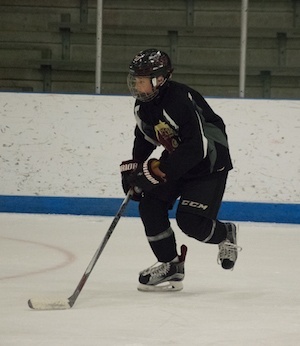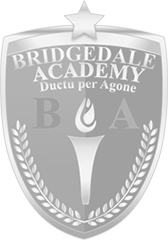Physical Literacy and Long Term Athlete Development
by Mike McPartlin, Headmaster, Bridgedale Academy
(This is the second article of a 4-part blog series about developing physical literacy in young athletes. The first article discussed the general concept of physical literacy. This article discusses the Long Term Athlete Development model.)
What is the Long Term Athlete Development model?
When it comes to how physical literacy relates to athletics and the training of high-performing athletes, the Long Term Athlete Development model (“LTAD”) is the gold standard.
Pioneered in Canada in the mid-90’s in order to help develop athletes for national and international competitions, LTAD was the first “athlete development” model to truly apply science to human athletic development.
With chronological age as a guide, LTAD breaks the athlete development process down into a sequence of age-appropriate stages, each stage representing a "window of opportunity" for certain aspects of the process. Physical literacy is developed in the first three stages.







